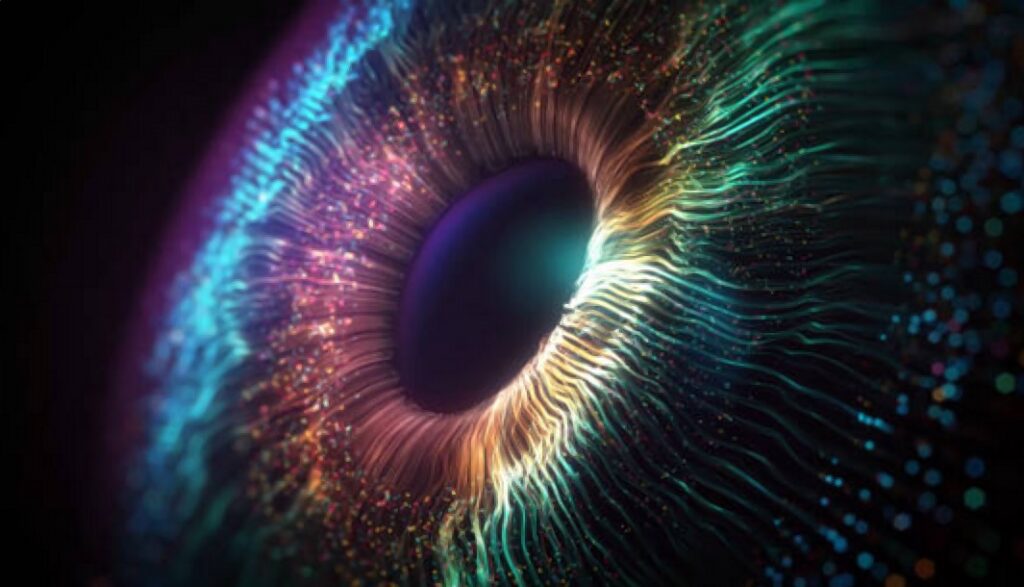- Web Desk
- Feb 16, 2026
European space telescope Euclid sends first data on galaxies
-

- Web Desk
- Mar 20, 2025

PARIS: The European Space Agency’s (ESA) Euclid space telescope transmitted its first batch of scientific data, marking a significant milestone in the mission aimed at unravelling the mysteries of the universe.
Launched on July 1, 2023, from the Guiana Space Centre in French Guiana, Euclid is designed to explore the nature of dark energy and dark matter, which together constitute around 95 per cent of the universe’s total mass-energy content.
Read more: NASA SPHEREx telescope is launched to study universe’s origins
The initial data release by Euclid includes the classification of nearly 380,00 galaxies, providing astronomers with a wealth of information to study the structure and evolution of the cosmos.
Among the notable findings is a detailed description of a galaxy located 10.5 billion light-years away, offering insights into the conditions of the early universe. This galaxy, observed as it existed when the universe was just a fraction of its current age, serves as a crucial piece of the puzzle in understanding galaxy formation and evolution over cosmic time.
Euclid’s primary mission is to map the geometry of the dark universe with unprecedented precision. By surveying billions of galaxies across a large portion of the sky, the telescope aims to create a three-dimensional map of the universe, allowing scientists to investigate the distribution of the dark matter and the effects of dark energy on the cosmic expansion.
The mission is expected to provide critical data that could help answer fundamental questions about the universe’s fate and the forces that govern its expansion.
The telescope is equipped with a visible-wavelength camera and a near-infrared spectrograph, enabling it to capture detailed images and spectra of celestial objects.
Its wide-field view allows Euclid to observe large swathes of the sky, making it possible to detect faint and distant galaxies that are often missed by other telescopes.
The data collected will be essential for testing various cosmological models and theories, including the nature of gravity on cosmic scales.
Read more: NASA astronauts head home on SpaceX capsule after drawn-out ISS stay
Euclid is part of ESA’s Cosmic Vision programme, with an aim to address key questions about the universe’s origin, evolution and ultimate fate. The mission is expected to continue providing valuable data until 2030, with a focus on improving our understanding of the fundamental components of the universe.




